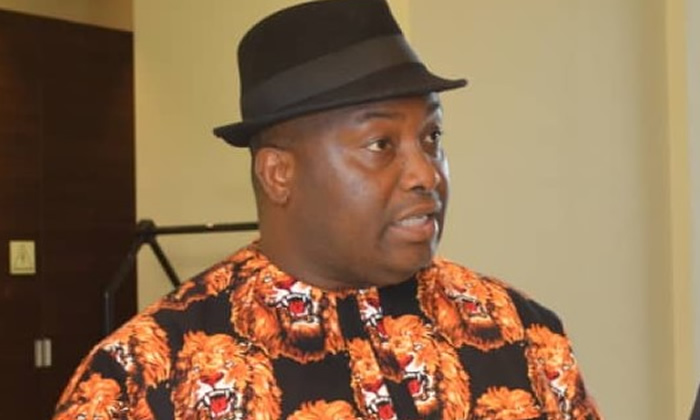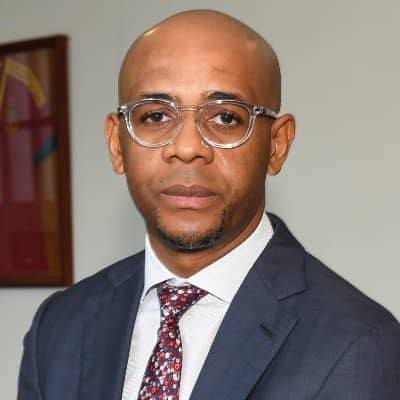
The World Bank says Nigeria’s economy is in good shape as it grew by 3.4 percent in 2024 amid high prices.
Taimur Samad, the World Bank’s Acting Country Director for Nigeria, disclosed this in his unveiling of the Nigeria Development Update (NDU) in Abuja on Monday.
According tom, the Nigerian economy is improving due to the country’s commitment to sustained reforms.
He justified his position on improved economic reforms such as a stable exchange rate, rising foreign reserves, and improved fiscal conditions.
He said the improvements in fiscal conditions were primarily driven by increased federation revenues, which had contributed to the positive economic outlook for the country.
Samad mentioned that economic growth in the last quarter of 2024 had surged to 4.6 percent on a year-on-year basis, bringing the full-year growth for 2024 to 3.4 percent, the highest since 2014, excluding the 2021-2022 COVID-19 rebound.
“Additionally, the fiscal deficit shrank from 5.4 percent of gross domestic product (GDP) in 2023 to 3.0 percent of gross domestic product (GDP) in 2024.
“This positive trend was driven by a sharp rise in federation revenues, which increased from N16.8 trillion in 2023, 7.2 percent of GDP, to an estimated N31.9 trillion in 2024, 11.5 percent of GDP,” he said.
However, Samad emphasised that many challenges remained, including persistent high inflation, which stood at 24.23 percent in March 2025.
He stressed the importance of the Central Bank of Nigeria maintaining tight monetary policies to ensure continued economic stability.
“However, it was clear that sustained momentum and further reforms are necessary to drive growth and expand economic opportunities,” he added.
On his part, Alex Sienaert, World Bank’s Lead Economist for Nigeria, provided further insights, stressing the need for careful monitoring of revenue gains from the fuel subsidy removal and cautioning against overly ambitious budget projections for 2025.
He also emphasised the importance of scaling up the targeted cash transfer programme to assist vulnerable populations.
Sienaert outlined several steps for achieving macroeconomic stability, including reducing the cost of governance and accelerating the pace of economic growth.
He called for a private sector-led, public sector-facilitated growth strategy to address critical infrastructure gaps, particularly in electricity and transportation, while fostering a competitive and open business environment.
This comes as the president of the African Development Bank (AfDB), Akinwumi Adesina, barely a week ago said with Nigeria’s current gross domestic product per capita of $824, Nigerians are worse offan in the independent era of 1960.
However, Bayo Onanuga, a presidential spokesperson, dismissed Adesina’s claim.
He said, “His ignorance and perhaps bias against any talk on the economy as it relates to this government.”
Hardship: Nigerian economy in good shape, grows by 3.4% – World Bank

 7 hours ago
1
7 hours ago
1








.png)






 English (US) ·
English (US) ·